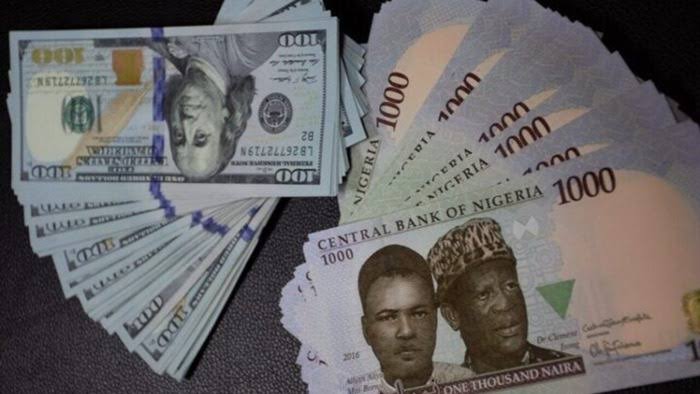The Central Bank of Nigeria went ballistic against foreign exchange whales, influencing the direction of local currency exchange rate. The Nigerian Naira suffered a big blow in the foreign exchange market as a result.
During the intraday trading session on Friday, the forward rate peaked at N1805, at the low band, the forward rate was quoted at N1301 while the volume of US dollars transacted at the autonomous FX window printed at $151.93, according to data obtained from FMDQ platform.
Data from the FMDQ platform which displays daily exchange revealed that the naira depreciated to N1,665.50 per US dollar on Friday. Similarly, in the parallel market, the Naira weakened against the US dollar to close at N1,830.
At the official window, the naira crossed a new red line, traded near N1700 against the dominant US dollar on account of a sustain scarcity of foreign currencies in the economy.
The CBN has launched FX market guidelines to stop the activities of saboteurs and forex speculators. In the latest development, CBN reviewed guidelines for Bureau de Change operations in Nigeria.
The CBN and securities agencies have started tracking FX movements, especially transactions conducted by currency traders in the parallel markets segment. The CBN is combing all segments of the economy where foreign currency exchange hands to keep rates surge in check.
The apex bank has now categorised BDC operations into Tier 1 for those with a national presence, branches and franchises and Tier 2 operators are restricted to 1 state with max 3 locations.
To operate in the country, a minimum capital of N2 billion is required for Tier 1 currency traders in the unofficial marker and N500 million for Tier 2 class Bureau de Change.
In its new guideline targeted at stopping the activities of some FX whales, CBN said entities like banks, government agencies, NGOs others are no longer allowed to have ownership stakes in BDCs.
Also, BDCs can buy and sell foreign currencies, issue prepaid cards, serve as cash points for money transfer operators etc. However, operators are not allowed to take deposits, grant loans, deal in gold or engage in capital market activities.


